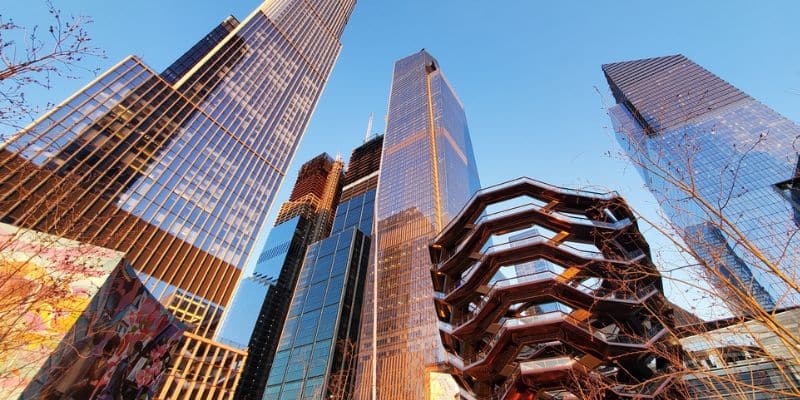
By Marta Lillo
Dozens of EB-5 investors recently hit the streets of New York, protesting outside the $25 billion Hudson Yards buildings. The protest highlights repayment: an aspect of the EB-5 process that sometimes raises concerns among investors and immigration attorneys.
Despite the grand opening of the Hudson Yard project in 2019, the EB-5 investors who helped finance it, pooling in about $1 billion, are still waiting for their money back, they say.
“The Hudson Yard case highlights the importance of EB-5 investors preparing for the worst, even for a seemingly well-operated project,” said the American Immigrant Investor Alliance (AIIA). “The following lawsuit and protest, which has amassed a sizable notice within the EB-5 industry, further serves as an illustration on how EB-5 investors need to be aware of their rights available to them through the US justice system,”. The national non-profit organization advocates for EB-5 investors worldwide and is not part of the Hudson Yards EB-5 investors’ legal representation.
EB-5 Investors hoping to get their investments paid back
The project, claimed to be the most expensive real estate project in US history, received funding from EB-5 investors. However, the developer, Related Companies, halted payments in 2020, blaming the pandemic.
Approximately 2,000 EB-5 investors who financed the mega-real estate project through a preferred equity investment model filed an arbitration claim in 2020 demanding payback.
“It is questionable whether the RIA would preclude actions, given that it is likely that all of Related’s offerings contain arbitration provisions that prohibit people from suing in court,” said Robert Cornish Jr, from Law Offices of Robert V. Cornish, Jr., PC.
“This is a double-edged sword for all parties involved. On the one hand, arbitration by its nature is more accepting of arguments based in equity than court proceedings. Arbitrators are not necessarily bound by law as judges, and the ability to appeal an arbitration award is one of the highest civil burdens in US jurisprudence. On the other hand, arbitration is an expensive proposition that requires substantial financial resources to pay forum filing fees and forum arbitrator fees in the tens of thousands, and sometimes hundreds of thousands of dollars. These costs are above and beyond the costs of retaining counsel to prosecute a case,” Cornish adds.
DISCLAIMER: The views expressed in this article are solely the views of the author and do not necessarily represent the views of the publisher, its employees. or its affiliates. The information found on this website is intended to be general information; it is not legal or financial advice. Specific legal or financial advice can only be given by a licensed professional with full knowledge of all the facts and circumstances of your particular situation. You should seek consultation with legal, immigration, and financial experts prior to participating in the EB-5 program Posting a question on this website does not create an attorney-client relationship. All questions you post will be available to the public; do not include confidential information in your question.








